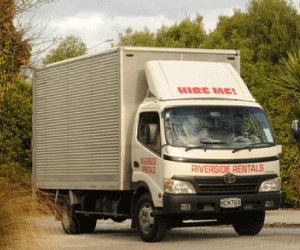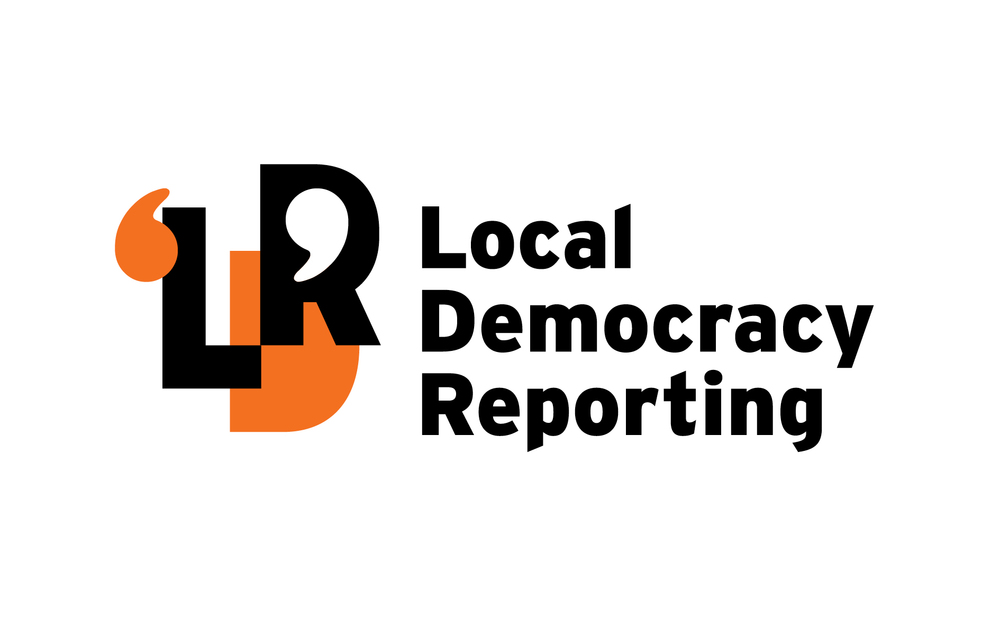Gore council hasn’t “considered the question of Māori representation”, as mana whenua seats gain traction
Local Democracy Reporter
22 July 2021, 6:42 AM
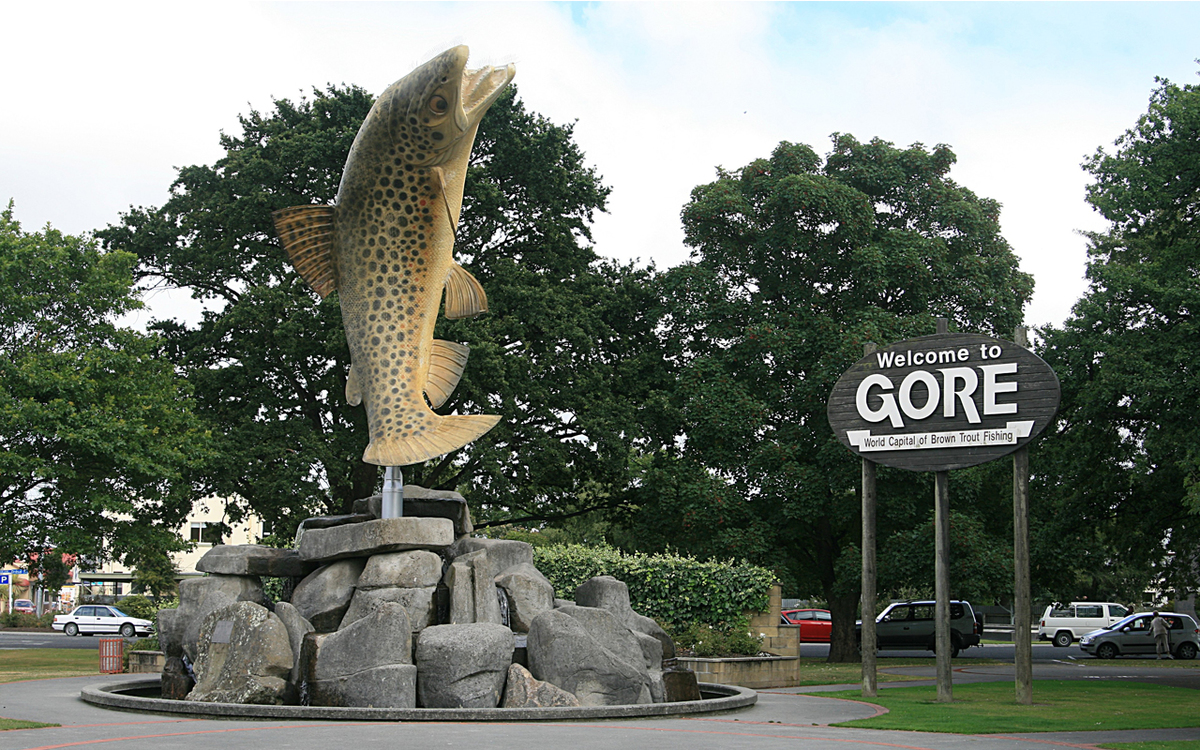 Gore District Council says it hasn't considered the issue of Māori representation.
Gore District Council says it hasn't considered the issue of Māori representation.As the Invercargill City Council prepares to increase Māori representation within its ranks, another two Southland councils have revealed similar moves are not on their radar.
Last week, the city council moved on a report that would likely mean mana whenua positions were created as early as September.
The new positions, which would be given to one representative from both Waihōpai Rūnaka and Te Rūnanga o Awarua, follows a decision by Environment Southland to introduce similar roles in March 2019.
But Gore District Council has indicated it won’t be doing the same any time soon.
Advertisement: Jumper Co
"The Gore District Council has not, at this stage, considered the question of Māori representation," chief executive Stephen Parry said.
According to the Local Electoral Act 2001, fair and effective representation at elections are prerequisites for council.
The Act required local authorities to review their representation arrangements at least once every six years.
The district council confirmed its reviews were conducted at the extremity of that time allowance, with the next to be held in 2024.
Advertisement: Riverside Rentals
It would soon to sign a memorandum of understanding with the rūnanga to ensure iwi had a voice in council decisions, Parry said.
At the Southland District Council, mayor Gary Tong indicated it was business as usual, but said current arrangements were working effectively.
"The indications from our iwi partners some time back was that there was no need to progress this matter as the relationship was working well at Te Roopu Taiao and Te Ao Mārama level," Mayor Tong said.
Te Roopu Taiao was a joint management committee between the four Southland councils and tangata whenua while Te Ao Mārama takes care of the day to day management of the Resource Management Act.
The council's chief executive Cameron McIntosh said it was decided not to implement a Māori ward the last time representation was discussed, but council intended to engage with mana whenua directly on future arrangements.
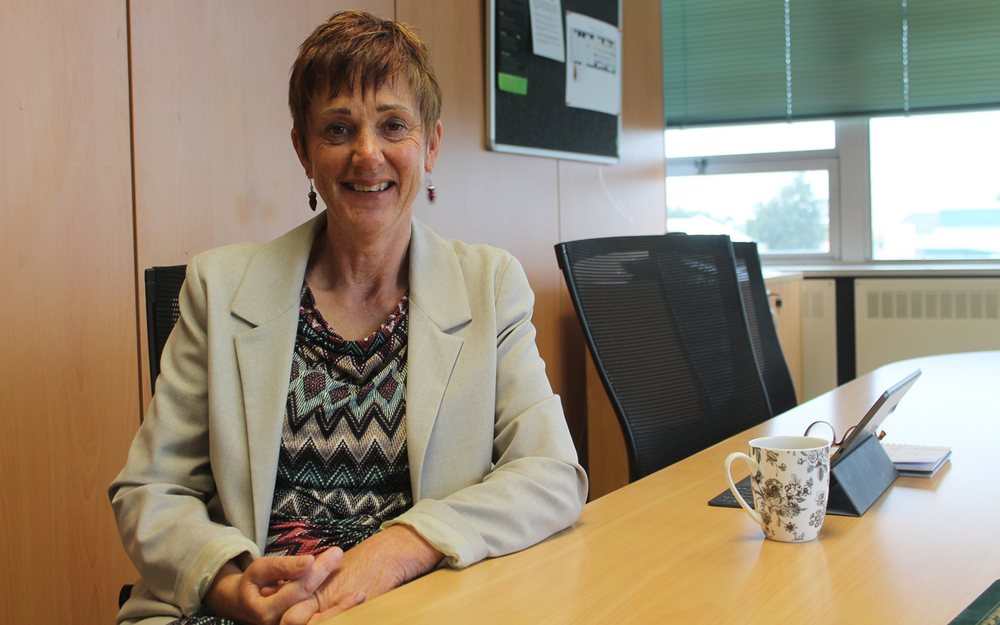
Invercargill City Council CEO Clare Hadley says deciding which issues to consult with Māori on is "applying a filter". Photo: Luisa Girao/ODT.
Māori Wards had been a hot topic at Invercargill City Council prior to its decision last week to move forward on mana whenua seats.
On May 11, the city council voted not to progress a Māori ward, opting instead to look at appointed positions which were more in-keeping with what mana whenua wanted.
Te Rūnanga o Awarua chairperson Dean Whaanga said the positions showed a "growing of our iwi and crown relationship".
"It gives you the iwi voice of course, and it's another example of partnership and relationship being very strong."
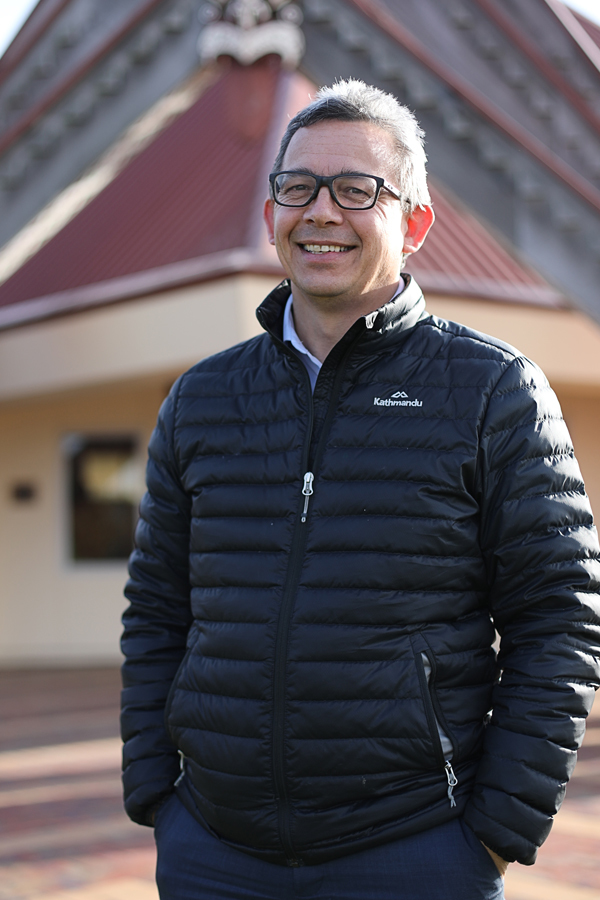
Te Rūnanga o Awarua chairperson Dean Whaanga says mana whenua seats at Invercargill council are a step in the right direction. Photo: Supplied/Community Trust South
The positions still need to be finalised at a July 27 council meeting.
City council chief executive Clare Hadley said the decision to introduce the new roles was made on the back of engagement during the long term plan consultation sessions.
“When we think we know which issues we should consult with Māori on, we’re applying a filter. Council agreed it was better that they [mana whenua] have the opportunity to contribute at the table on all issues that affect the city,” Hadley said.
By Local Democracy Reporter Matthew Rosenberg
Republished by Arrangement

